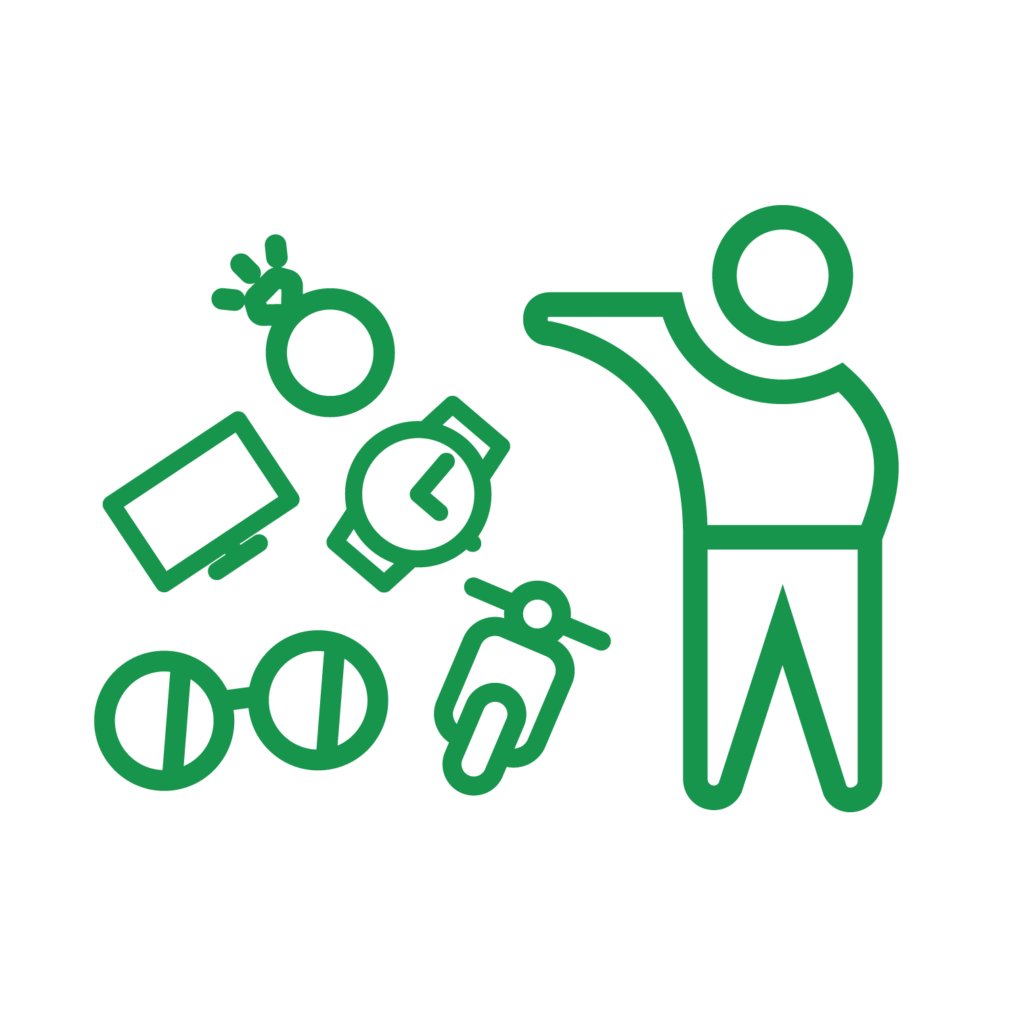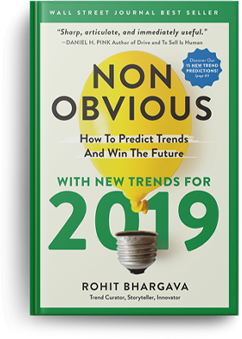Extreme Uncluttering
Brands and creators are intentionally using spectacles to capture attention and drive engagement.

About This Trend:
Over the past year, we have been tracking more and more organizations and people who intentionally create “spectacles” to attract attention to their brands and want they do. When we say something is “spectacular,” we mean that it is memorable and worthy of our attention. Today, brands increasingly feel pressured to make bolder moves to generate buzz in a crowded media and brand landscape.
In an age in which every consumer says they want an experience, not just a product or service, one can argue that physical stores where brands can captivate their customers have become more important than ever.
Welcome to the age of the Strategic Spectacle: today, more industries than ever will resort to leveraging big stunts and engaging experiences like these to attract attention and make a bold statement.

Trend Longevity Rating
Relevant For:
Originally Published In:









